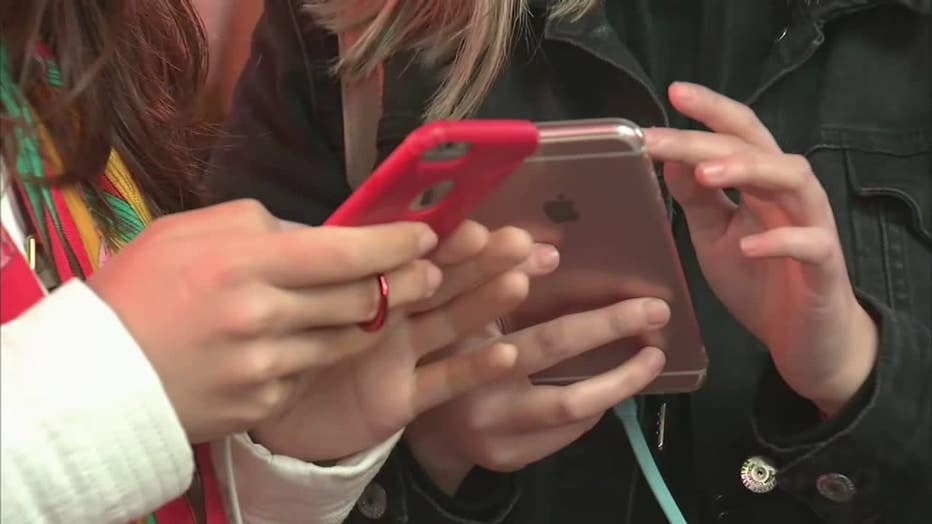Don't use public charging stations for electronic devices, FBI says
FBI warns against using public USB charging ports thanks to hackers
For most people, it's a habit. Your phone battery gets low, so you find a place to charge it. The FBI says when you plug into a free USB charging station at places like airports, you're potentially putting your data at risk.
ATLANTA - The Federal Bureau of Investigation is warning the public about the potential risks associated with charging electronic devices, especially phones, in public places like airports and hotels. According to the agency, hackers have found ways to use public USB ports to install malware and monitoring software onto devices using them.
"The USB ports are used to pass for data. If they trust those to charge the phone, we are also trusting that the data can be transferred," said Rajiv Garg, an associate professor of Information Systems and Operation Management at Emory University’s Goizueta Business School.
The FBI's warning underscores a growing concern about the security risks posed by the ubiquity of public charging stations. With people increasingly reliant on their devices, finding a way to keep them powered up has become a priority, but this has also created an opportunity for hackers to steal sensitive information.

"It's becoming more prominent because of the availability of these charging stations in pretty much every public space," Garg said.
Experts suggest that the best way to protect yourself from this kind of threat is to plug your device into an electrical outlet instead of using a public USB port. Some individuals have also opted to purchase USB data blockers to safeguard their devices.
"It's sad that you have to buy it, but I also don't mind because I'm protecting everything that I have," said Khari Bennett, who bought a USB data blocker after learning about the potential risks of charging his phone in public.
The FBI's warning serves as a reminder that in a technology-driven world, the convenience of charging your phone in a public space comes with risks that should not be ignored.

